
Demonstrators make their views heard at a rally in Los Angeles on Saturday, the second day of protests over a decision by the U.S. Supreme Court to remove federal legal protection for abortions. (PHOTO/XINHUA)
Many fear reversal of court decision just the start of conservative offensive in U.S.
Tens of thousands of demonstrators marched in cities across the United States on Saturday in a second day of protests over a decision by the Supreme Court to remove federal legal protection for abortions.
The protests were largely peaceful after the nation's highest court voted 5-4 on Friday to overturn the five-decade-old Roe vs Wade ruling that provided women with a federal constitutional right to an abortion. But the passions driving the protests are unlikely to abate, especially in a year with crucial elections for Congress.
The ruling came more than a month after the leak of a draft opinion by Justice Samuel Alito indicating the court was prepared to overturn Roe vs Wade.
"The Constitution makes no reference to abortion, and no such right is implicitly protected by any constitutional provision," Alito wrote.
Authority to regulate abortion rests with the political branches of government, not the courts, he wrote.
The immediate impact of the court's ruling is that women with unwanted pregnancies in large swathes of the U.S. now may face the choice of traveling to another state where the procedure remains legal and available, buying abortion pills online or having a potentially dangerous illegal abortion.
An already polarized country could face even greater social divisions as some states allow abortions and others have acted to ban them. And in a concurring opinion that raised concerns the justices might roll back other rights, conservative Justice Clarence Thomas urged the court to reconsider past rulings protecting the right to contraception.
Divided country
Mei Gechlik, founder and chief executive of the Sinotalks website, told China Daily: "The drastically different responses to the overturning of the decision reflect how divided the United States is."
Gechlik, founder and former director of the China Guiding Cases Project at Stanford Law School, added: "It will take a lot of political wisdom to mend these differences. However, a big question is: Where is this wisdom?"
Lindsay Cui, a financial adviser in Silicon Valley, California, told China Daily that after the court's decision was announced, "I rushed out of the house, and walked one and a half hours to calm down. My immediate reaction to the ruling was very angry and heartbroken that our country is going backward."
The 55-year-old executive said: "I'm angry that six conservative Supreme Court justices took away 50 years of a woman's right to choose her own sensitive reproductive health decision. This is discriminatory toward poor women and people of color. It will increase the cycle of poverty within our country, especially within red (Republican-controlled) states.
"Guns have more rights than women in America. I hope for blue waves of voters that will change the direction of this country," added Cui, referring to the color associated with the Democratic Party.
A commentary published by The New Yorker magazine said those who argue that this decision will not actually change things much-an instinct people will find on both sides of the political divide-are blind to the ways in which state-level anti-abortion crusades have already turned pregnancy into punishment, and the ways in which the situation is poised to become much worse.
The Supreme Court's ruling restored the ability of states to ban abortion. Several states are expected to ban abortions immediately or as soon as practicable. Twenty-six states are either certain or considered likely to ban abortion.
Thirteen states have abortion bans triggered by a reversal of the Roe vs Wade ruling, though the laws vary in their enforcement dates. This will make abortion illegal across most of the South and the Midwest.
Since the decision was announced, clinics have stopped performing abortions in Alabama, Arizona, Arkansas, Kentucky, Missouri, South Dakota, West Virginia and Wisconsin. Women considering abortions had already been dealing with a near-complete ban in Oklahoma and a prohibition after roughly six weeks in Texas.
Anti-abortion laws aren't national. The U.S. will have a patchwork of laws, including restrictions and protections, because some Democratic-led states such as California and New York expanded reproductive rights in the run-up to the court's decision.
The court's ruling leaves questions over how much of a role the issue could play in the midterm elections for Congress in November. Republicans are expected to win control of the House of Representatives and perhaps the Senate.








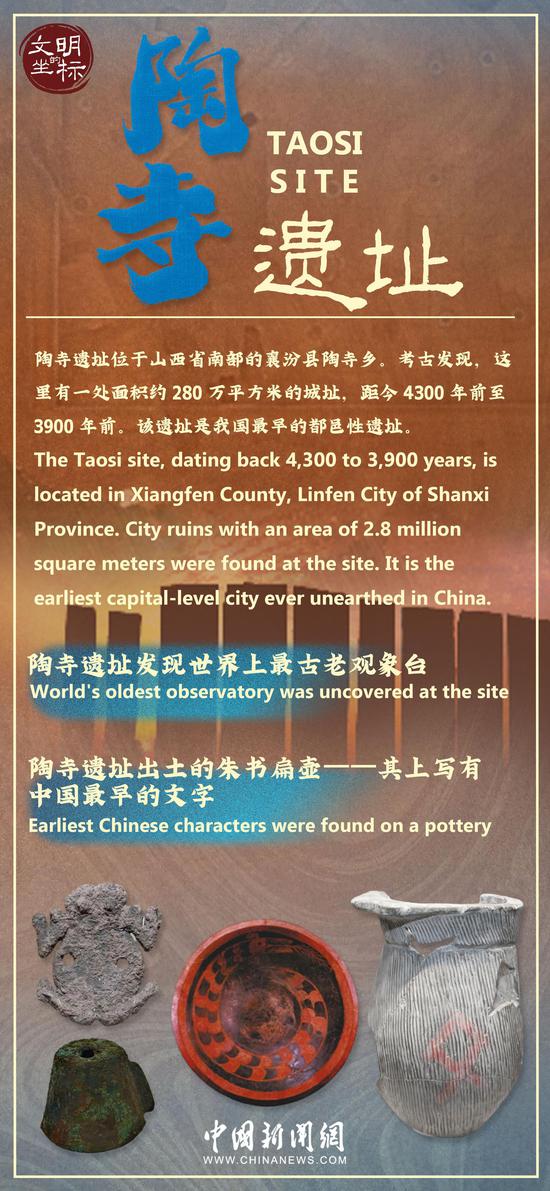



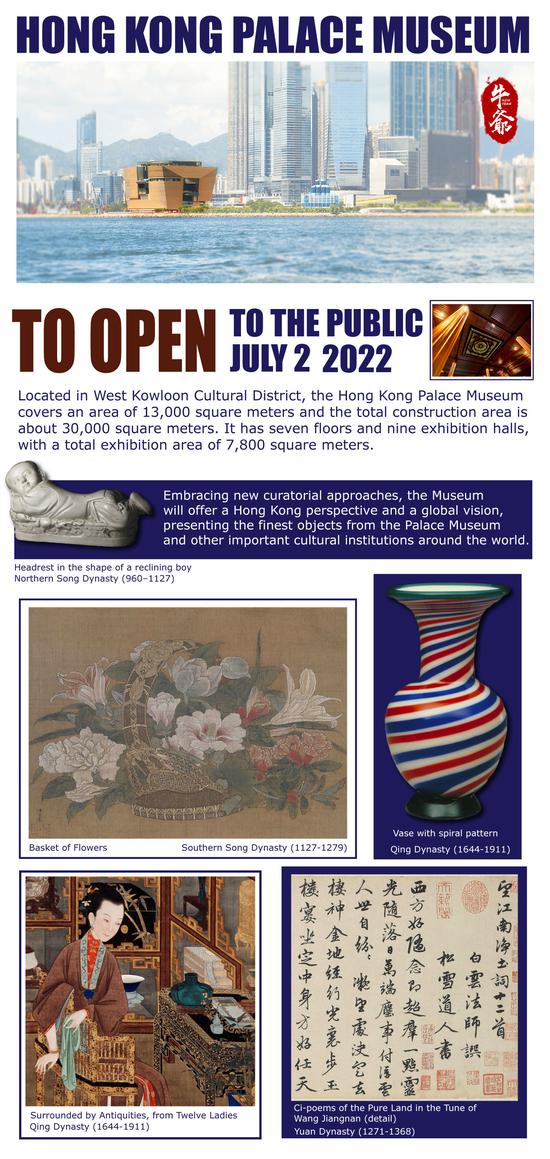
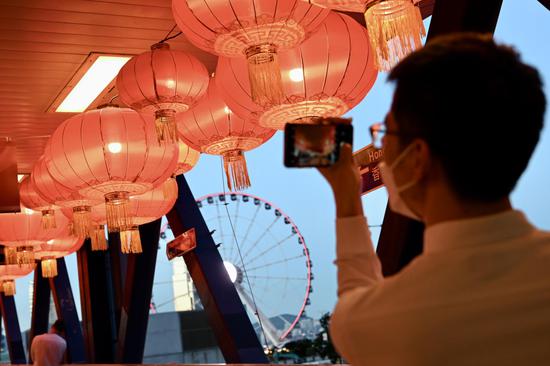


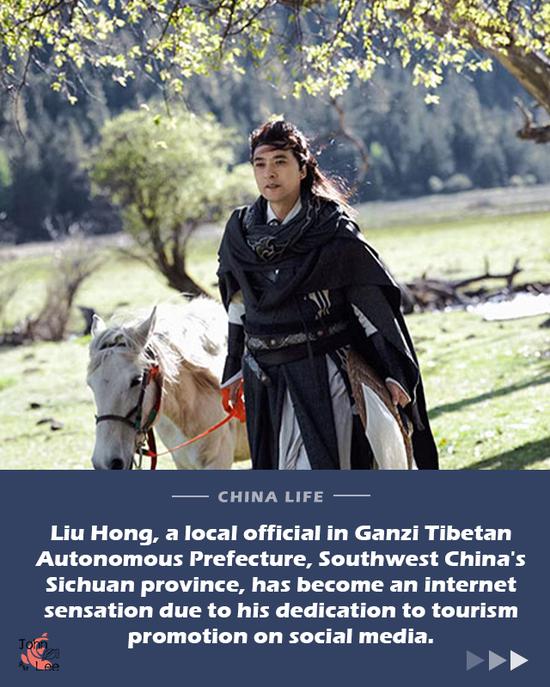
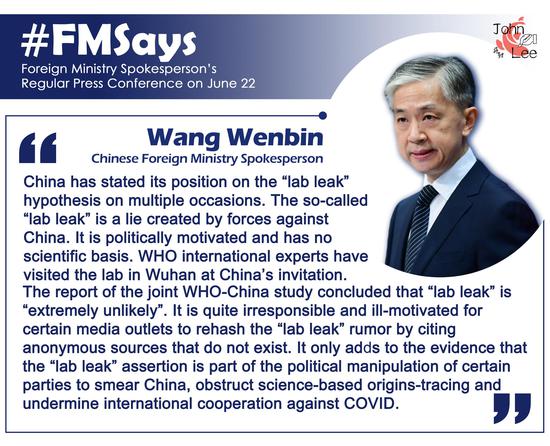







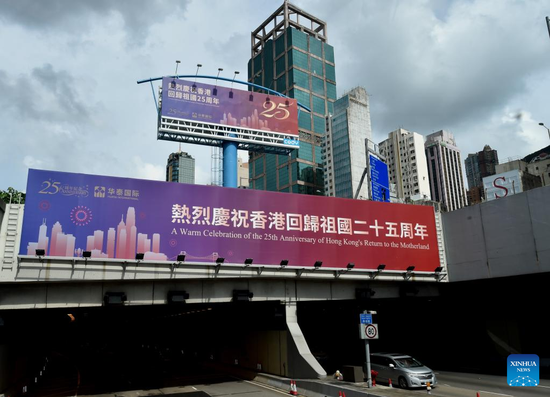


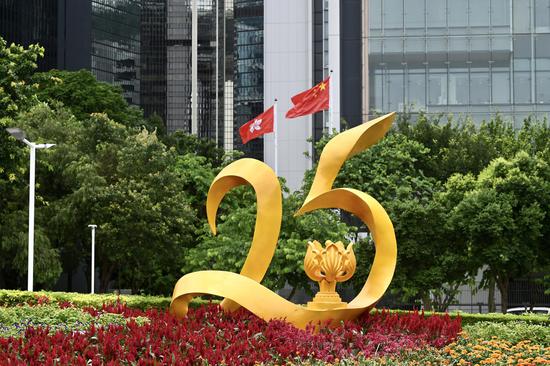

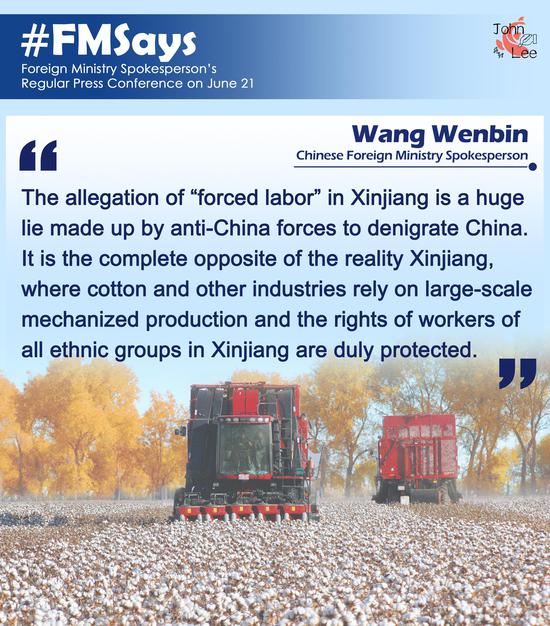
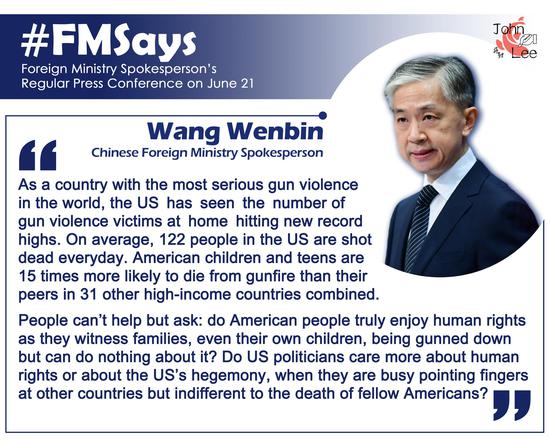
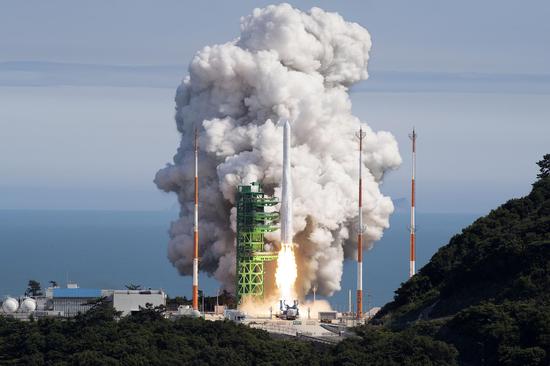


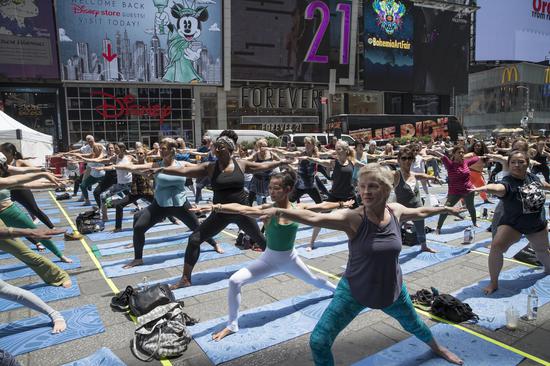


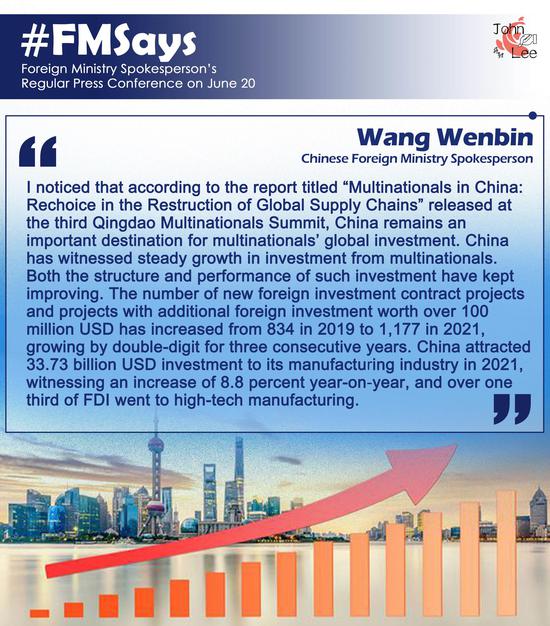


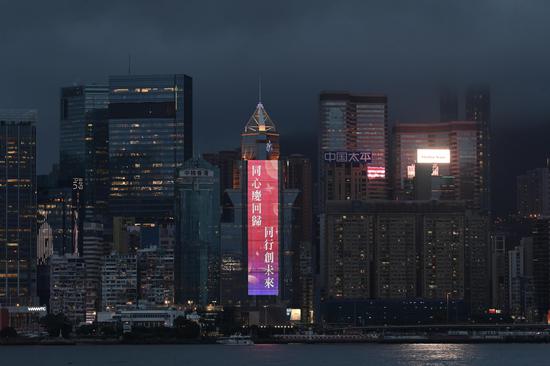








 京公网安备 11010202009201号
京公网安备 11010202009201号